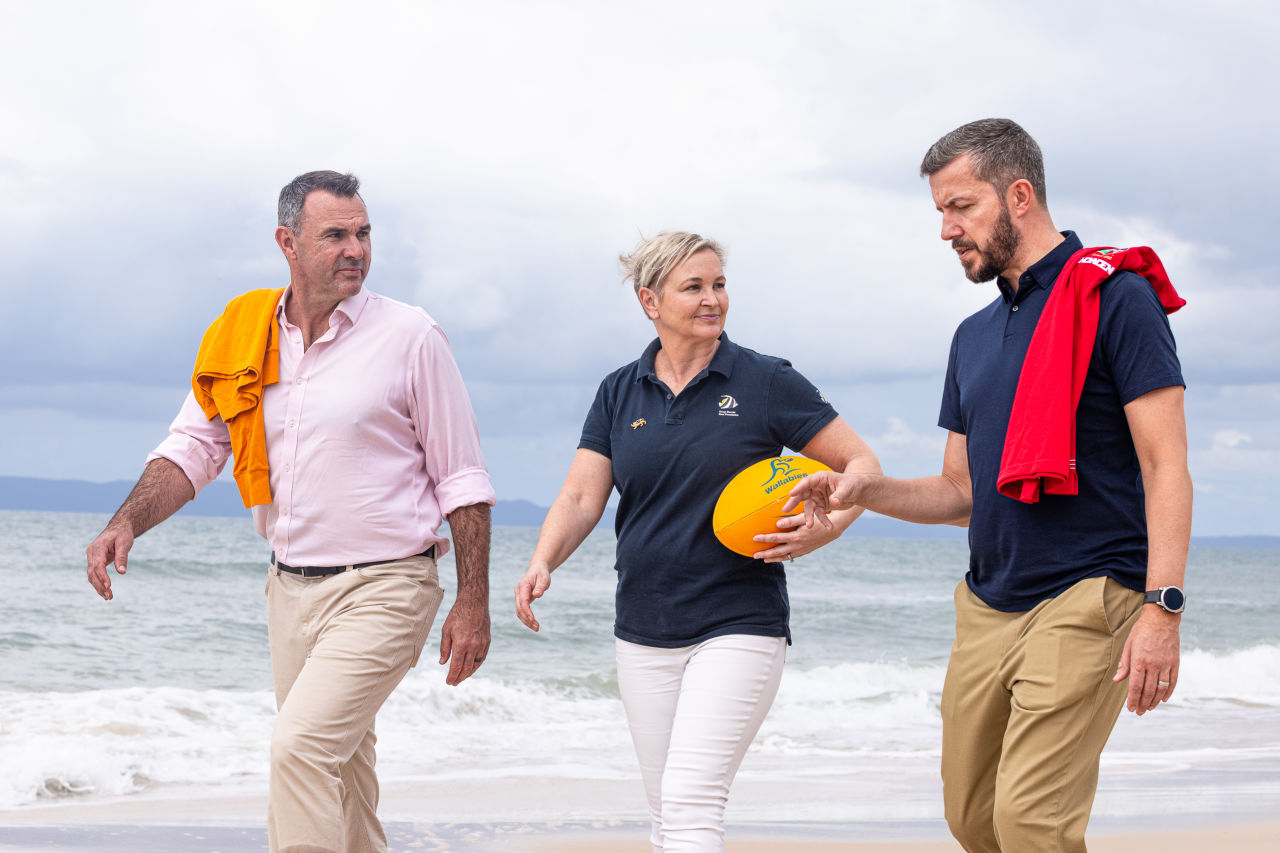• Estimated 1.7 million undiscovered viruses in mammal and bird hosts.
• Many exist in wildlife and feral animal species and are evolving into different variants which pose an unknown level of risk to humans, animals, and our ecosystems.
• $8.4 million program to address these potential risks.
Minister for Agriculture and Northern Australia David Littleproud today (3 January 2022) announced a significant new initiative aimed at bolstering Australia’s wildlife health and early warning capabilities.
Minister Littleproud said the Australian Government would invest $8.4 million over the next four years towards preventing, detecting, and mitigating the impacts of emerging animal diseases, including those with pandemic potential.
“COVID-19 has brought into sharp focus the importance of recognising and managing emerging zoonotic disease risks which can originate from wildlife,” Minister Littleproud said.
“That’s why we are taking a ‘true One Health’ approach, that recognises the interdependencies of human, animal, and environmental health, which is essential to preventing future pandemics.
“This program positions Australia as a world leader of the global transformational change agenda aimed at preventing future disease risks emerging from the human-animal-environmental interface.
Nearly all major exotic livestock diseases of potential concern to Australia, including African swine fever and foot-and-mouth disease, will have wildlife and/or feral animals as part of their cause or spread.
Protecting our native wildlife and ecosystems is also critical to pandemic prevention, with increasing potential for disease emergence as climate change and land use changes put pressure on our environment.
Minister for the Environment, Sussan Ley, who represent Australia on The One Health Global Leaders Group on Antimicrobial Resistance said the program’s focus on the interconnection between people, animals, and their shared environment will be vital to addressing global health issues.
“The health of our environment is a precursor to both human and animal health. This funding will prioritise the investigation of significant wildlife disease events to identify the underlying causes and determine their relevance to human, livestock/domestic animal, and environmental health,” Minister Ley said.
Minister for Health and Aged Care, Greg Hunt said the COVID-19 pandemic has highlighted the importance of taking a practical One Health approach to preventing zoonotic events as a means of preserving global public health.
“The world is undergoing transformative change aimed at preventing future pandemics which are an ever-present risk,” Minister Hunt said.
“Strengthening Australia’s national surveillance at the human-livestock-wildlife interface will not only provide early warning of emerging disease risks in Australia but will put us in good stead to influence global reform along these same lines.”
The government has partnered with Wildlife Health Australia (WHA) which will lead delivery of the program, maximising its already extensive networks across the country to expand investigation and analysis capacity of wildlife disease events.
“This significant new program will help us to identify the underlying causes of wildlife health events, to both improve the outcomes for our wildlife as well as providing the information we need to more thoroughly analyse the potential One Health implications of such events,” CEO of WHA, Dr Rupert Woods said.
The initiative will involve the establishment of a ‘One Health Investigation fund’ to be administered by WHA, which will bolster support for thorough field, laboratory, and epidemiological investigation into selected wildlife disease events. The program will also seek to establish WHA as an official World Organisation for Animal Health (OIE) Collaborating Centre on Wildlife Health for Australia and the Indo-Pacific.
“Australia is a strong supporter of the Indo-Pacific region and establishing our national wildlife organisation as an OIE Collaborating Centre on wildlife will help us provide targeted support for One Health investigations across the region,” Minister Littleproud said.
CSIRO’s Australian Centre for Disease Preparedness will be a key partner in delivering the initiative.





